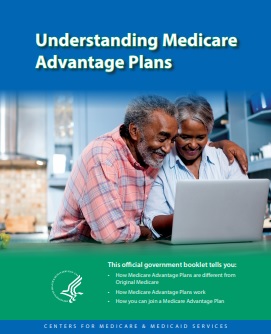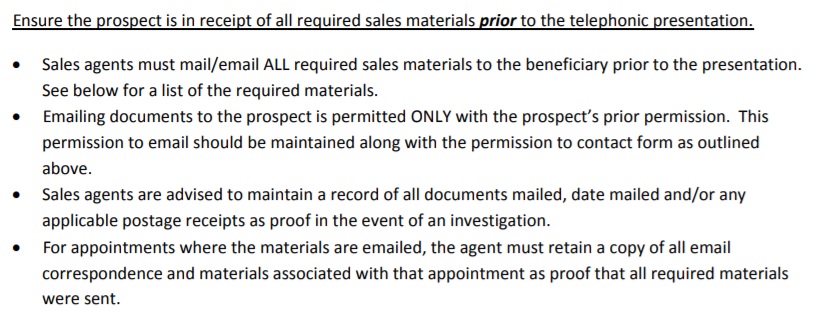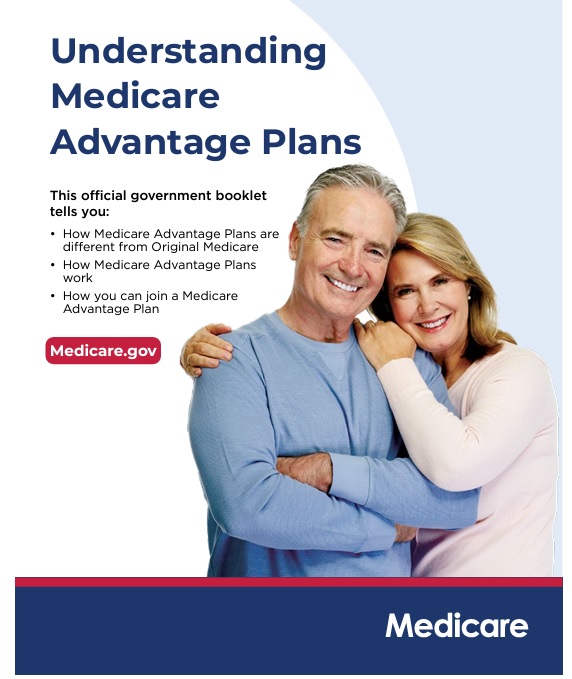Scope of Appointment
Written Permission from client to discuss Medicare Advantage or Part D Rx
#Scope of Appointment Forms SOC
Permission and agreement to hear a presentation on
Medicare Advantage or Part D Rx
- Blue Cross SOC
- Blue Shield Scope of Appointment SOA 2022 Rev.
- UnitedHealthcare
- SCAN
- We can now do SOC’s via recorded phone or Zoom meeting! Must state why not done earlier. Per AHIP Training Module 4 page 12, Blue Shield training page 120
- www.SteveShorr.com/Meeting
- Needs Assessment Questionnaire – so we can help you better, fit your needs.
MAPD & Part D Rx Telephone & Face to Face Meetings
require a Scope of Appointment
- Before a sales meeting, the agent must obtain a completed and signed Scope of Appointment form from each for example both husband and wife Medicare-eligible consumer – prospect present at a telephonic or in-person one-on-one plan presentation of a Medicare Advantage and/or Prescription Drug Plan product
- Agents are required that when conducting marketing activities, in-person or telephonically, that they nor their Plan/Part D Sponsor Insurance Company may not market sell or present any health care related product during a marketing appointment beyond the scope that the beneficiary agreed to before the meeting CMS 2018 Marketing Rules – 70.4.3
- The Plan/Part D Sponsor must document the scope of the appointment prior to the appointment
- SOA documentation is subject to the following requirements:
- The documentation may be in writing, in the form of a signed agreement by the beneficiary, or a recorded oral agreement.
- Any technology (e.g., conference calls, fax machines, designated recording line, pre-paid envelopes, and email) can be used to document the scope of appointment.
- Marketing Standards (g) Market any health care related product during a marketing appointment beyond the scope agreed upon by the beneficiary, and documented by the plan, prior to the appointment (48 hours in advance, when practicable). and (h), 422.2268(g)
Interpretation?
Humana’s guidance & interpretation 10.2015
Click on image to enlarge
- Secret Shopper’s Check List 423.2262,
- Quotit Compliance Checklist for agents
- 70.9.3 Scope of Appointment 2016 – Medicare Marketing Rules
- When conducting marketing activities, a Plan/Part D Sponsor may not market any health care related product during a marketing appointment
- 422.2268(g) and (h) can’t market what’s not listed in the scope of appointment
- Medicare Training Wikipedia – Meeting
Contact Us - Ask Questions - Get More Information - Schedule a Zoom Meeting
[email protected]
By submitting the information below , you are agreeing to be contacted by Steve Shorr a Licensed Sales Agent by email, texting or Zoom to discuss Medicare or other Insurance Plans as relevant to your inquiry. This is a solicitation for Insurance
More Info
#Understanding Medicare Advantage Plans (PDF) #12026
- Set a Zoom Meeting
- We can now do SOC Scope of Appointment, before the Meeting via a 3 minute recorded meeting 2 days before. AHIP Training Module 4 Page 14 *
- #Intake Form - Please email us [email protected] for the form - That way we can better analyze your situation to give you the answers to your needs and questions.
- Get Quotes, Full Information and Enroll
- MANDATED wording!: Think Advisor * ‘‘We do not offer every plan available in your area. Any information we provide is limited to those plans we do offer in your area. Please contact Medicare.gov or 1–800–MEDICARE to get information on all of your options.’’
- We disagree with the above wording, as we can use the same tools on Medicare.gov as they do!
- Visit our general webpage on Medicare Advantage for much more detail and information.
Mandated recorded meeting
We will also send you a written AI summary of the meeting
Sales Process Meetings must be #recorded
Agents and brokers will need to record all sales calls with beneficiaries in their entirety including the enrollment process. The recordings must be retained in a HIPAA compliant manner for 10 years. This will apply to new and existing clients.
- 42 CFR § 422.2274 (g) (2) (ii) Records all calls with beneficiaries in their entirety, including the enrollment process.
- CMS confirmed that the regulations at §§ 422.2274(g)(2)(iii) and 423.2274(g)(2)(iii) are for coverage year 2023 enrollment, beginning Oct. 1, 2022, and require all calls be recorded, including the calls regarding the enrollment process, setting appointments, educational and casual conversations with beneficiaries via personal cell phones. If a prospect does not wish to be recorded, the transaction must end. Broker Bulletin *
- Medicare Advantage Marketing Policies Contract Year 2023 – Frequently Asked Questions
- CMS Monitoring Activities and Best Practices during the Annual Election Period
- Effective October 1, 2023, the only calls required to be recorded are marketing, sales and enrollment calls. General calls, such as setting appointments, are no longer included in the requirement. FAQ CMS.Gov * Blue Shield Agent Bulletin * CMS Definition of Marketing *
- AGA 2024 Summary
What is considered a sales call?
- Anything that falls under the “chain of enrollment’ which is defined as the events from the point when a beneficiary becomes aware of an MA/PDP plan to the end of the enrollment process. This means when you are calling leads, scheduling appointments, collecting drug and provider lists and conducting education meetings and phone enrollments. All of these calls would fall under this guidance.
- Medicare Supplements are not included in the new call recording rules however, if you are selling a Medicare Supplement in tandem with a Prescription Drug Plan, the call would need to be recorded due to the Part D discussion.
- Zoom meetings will also need to be recorded. Only in person, face to face marketing and sales appointments are excluded, however any follow up calls to related to sales and completing the enrollment process would need to be recorded. Sales calls conducted on cell phones also fall under the recording guidelines. Ptt Financial *
Website and Sales Call Disclaimer
We don’t offer every plan Ptt Financial
Bibliography, Resources & Links
- Our Webpages on:
- Federal Register Medicare Program; Contract Year 2023 Policy and Technical Changes to the Medicare Advantage and Medicare Prescription Drug Benefit Programs;
- Regulators Aim to Curb Medicare Plan Lead-Generation Firms Read More>>> Think Advisor.com
- commpartners.com/issues/2022-07-28
- wsj.com/celebrity-medicare-sales-pitches-are-toned-down-after-scrutiny
- Third Party Marketing Organization disclaimer § 422.2267(e)(41)
- 42 CFR § 422.2274 – (same on ECFR.gov) Agent, broker, and other third-party requirements – recording calls
- insurancenewsnet.com/recording-requirement-could-risk-senior-data
- A Guide to the Rulemaking Process Prepared by the Office of the Federal Register
- insure me kevin.com/calls-must-be-recorded
- 42 CFR § 422.2274 – (same on ECFR.gov) Agent, broker, and other third-party requirements – recording calls
- Broker ONLY Jarvis
What must be discussed at Meeting
- *Actual Code 42 CFR 422.2274(c)(12)
- Ensure that, prior to an enrollment, CMS’ required questions and topics regarding beneficiary needs in a health plan choice are fully discussed. Topics include information regarding
- primary care providers and specialists (that is, whether or not the beneficiary’s current providers are in the plan’s network),
- regarding pharmacies (that is, whether or not the beneficiary’s current pharmacy is in the plan’s network),
- prescription drug coverage and costs (including whether or not the beneficiary’s current prescriptions are covered),
- costs of health care services,
- premiums,
- benefits, and
- specific health care needs.
- Ensure that, prior to an enrollment, CMS’ required questions and topics regarding beneficiary needs in a health plan choice are fully discussed. Topics include information regarding



